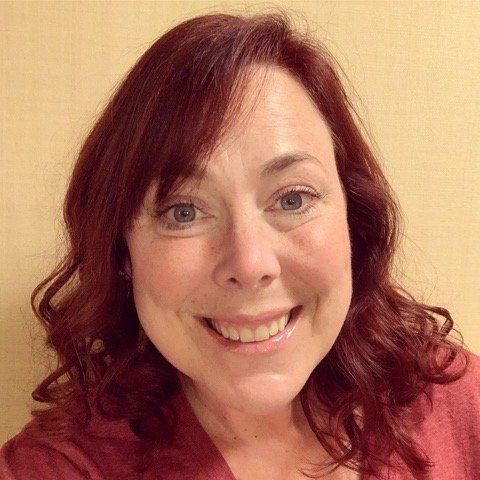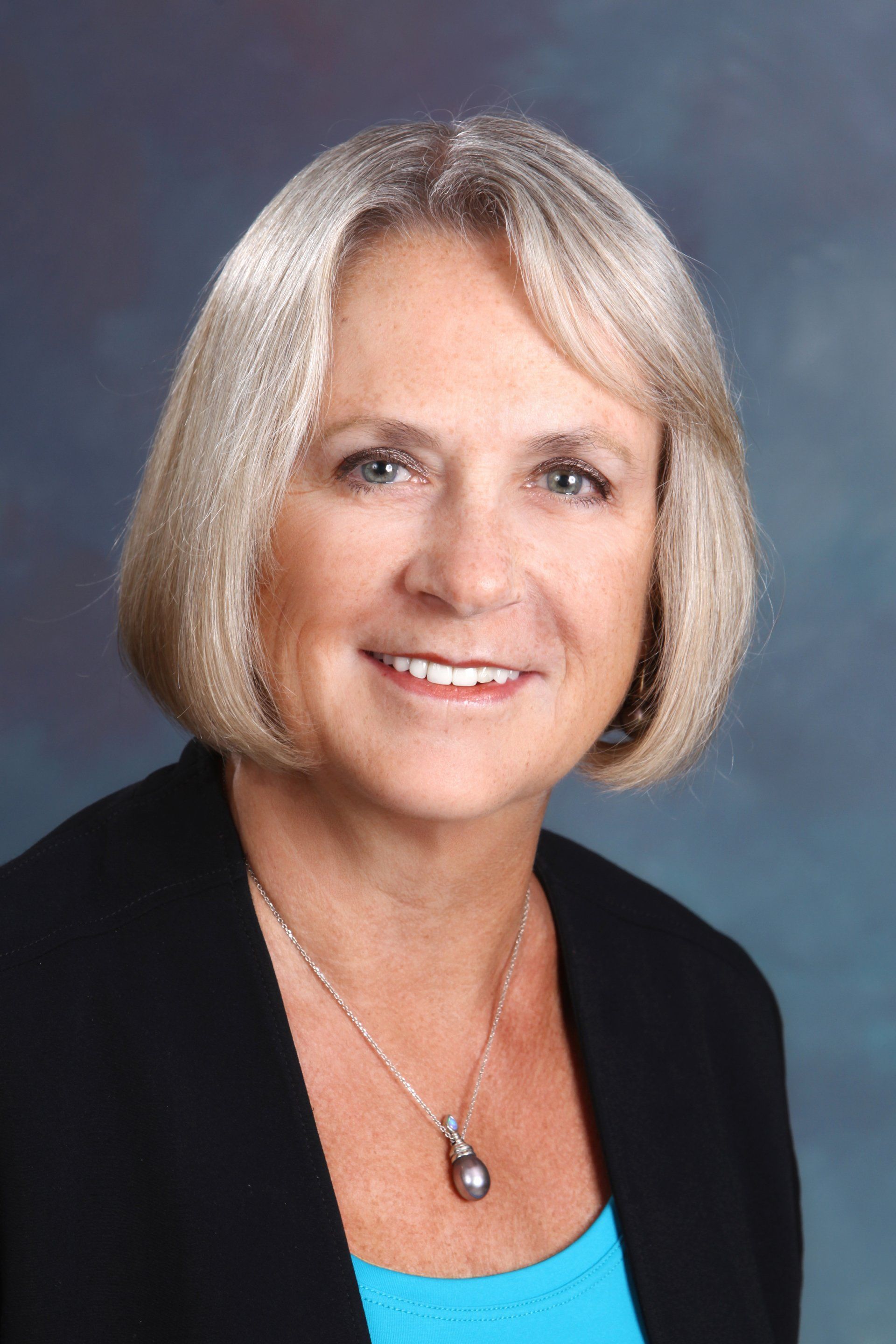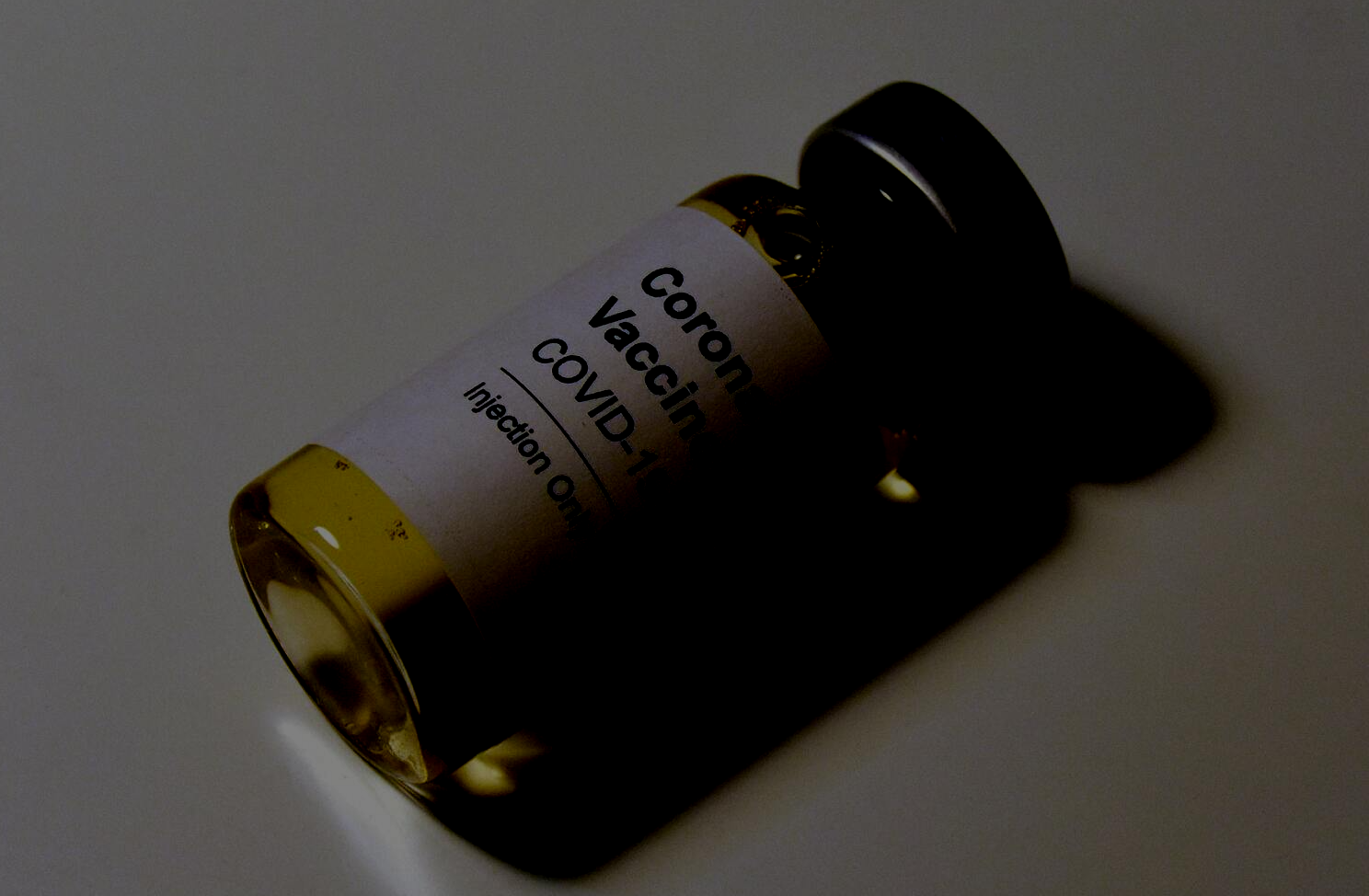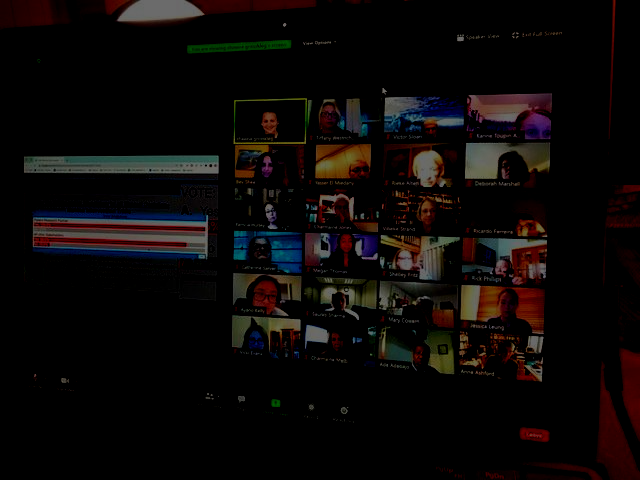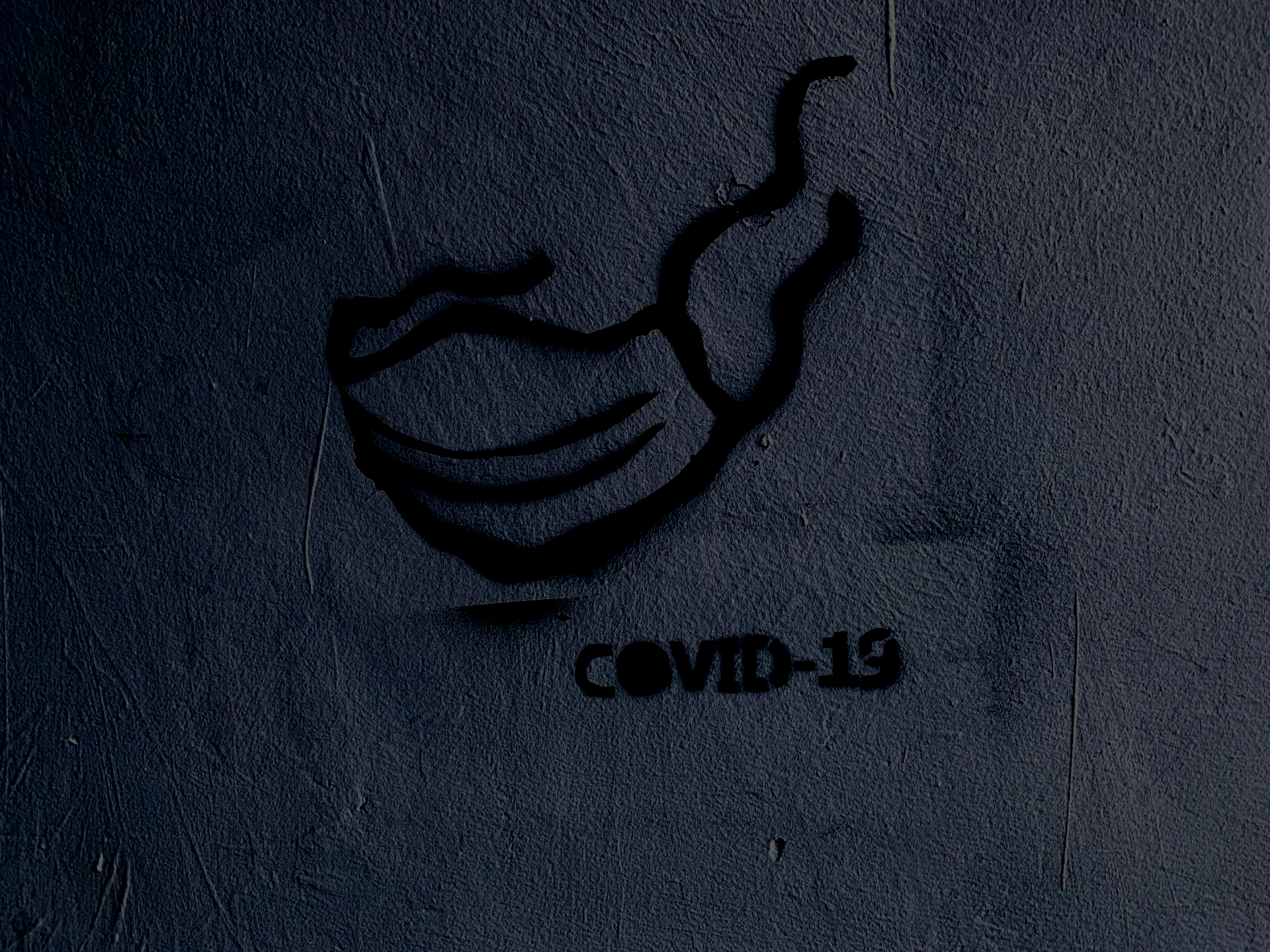RheumyRounds Special Presentation: COVID-19 & Vaccinations Communication, Education, & Shared-Decision Making
AiArthritis Voices 360 Full Episode 57
Air Date: February 24, 2021
This week join your patient co-hosts, Tiffany Westrich-Robertson, CEO of the International Foundation for Autoimmune and Autoinflammatory Arthritis, and Kelly Conway, co-founder of AiArthritis and author of the popular blog As My Joints Turn: My Autoimmune Soap Opera, as they welcome three special guests to the table for a new episode of the Voices 360 Special Series: Rheumy Rounds. They are joined today by three practicing adult rheumatologists: Dr. Al Kim of the Washington University School of Medicine, Dr. Vibeke Strand of the Stanford University School of Medicine, and Dr. Jeff Sparks of the Harvard School of Medicine.
This special episode of Rheumy Rounds will address the topic of vaccine hesitation and how we can get accurate information about the safety and efficacy of the available COVID-19 vaccines to both patients and their rheumatologists.
On February 10, 2021 the American College of Rheumatology published
clinical guidance on COVID-19 vaccinations which suggests that all rheumatic disease patients should be vaccinated for COVID-19 and provided very specific recommendations regarding modifications needed - if any - to immunosuppressive therapies before and after vaccination. But most patients don’t read press releases from ACR. Not all patients will have an appointment with their rheumatologist between February 10th and the date they may be eligible or able to receive the vaccine in their specific location. This round table discussion seeks to prepare all stakeholders to participate in effective shared decision making conversations between patient and provider so that all members of the community can make the best decision for their own health, as well as the best decision for their families.
LISTEN TO THE EPISODE THEN BE SURE TO TAKE A SEAT AT THE TABLE BY JOINING THE CONVERSATION!
(Scroll down the page to learn how!)
Pull up your seat at the table
Now it's YOUR TURN to join the conversation!
What do you think about this episode?
We want to know what you think! By continuing the conversation with your opinions and perspectives - we all get a better understanding of the problems facing our community. Better yet, through these conversations we can start working and developing solutions.
We mean it when say 360. Not only do we want your input anytime and anywhere, but we also are eager to see where the conversation will take us. So please, "pull up a seat at the table" and let's start talking!
Email us at podcast@aiarthritis.org, message us on social media (find us by searching for @IFAiArthritis)
Continue the conversation in our own AiArthritis Voices 360 Talk Show Group!
Pull up a seat and join the conversation on the topic from today and past episodes. You may even get an opportunity to talk directly with the co-hosts and any episode guests!
The
AiArthritis Voices Program
Our AiArthritis Voices 360 Talk Show is just a piece of larger program - the AiArthritis Voices Program.
AiArthritis Voices is our program where people living with AiArthritis diseases and other stakeholders who we need 'at the table' to solve problems that impact education, advocacy, and research sign up to have a voice in our initiatives.
If you want to get more involved, and see more of the opportunities we have for you (and all stakeholders) please check out the
AiArthritis Voices Program. Unite with others around the world to talk, learn, and connect.
Patient Voices and All Other Stakeholders - Join our
AiArthritis Voices Program and Connect to Opportunities to Have Your Voice Counted!
If you are a patient, a parent of a juvenile patient, or any other stakeholder (doctor, nurse, researcher, industry representative, or other health services person) - are you ready to join the conversation? It's your turn to pull up a seat. Join our new AiArthritis Voices program, where people living with AiArthritis diseases and other stakeholders who we need 'at the table' to solve problems that impact education, advocacy, and research sign up to have a voice in our initiatives. By signing up, you’ll get notified of opportunities to be more involved with this show - including submitting post-episode comments and gaining insider information on future show topics. Patients and all other stakeholders are encouraged to join so we can match you with opportunities to pull up a seat and TOGETHER - as equals - solve the problems of today and tomorrow.
AiArthritis Voices 360 is produced by the International Foundation for Autoimmune and Autoinflammatory Arthritis. Visit us on the web at www.aiarthritis.org/talkshow. Find us on Twitter, Instagram, TikTok, or Facebook (@IFAiArthritis) or email us (podcast@aiarthritis.org).
Be sure to check out our top-rated show on
Feedspot!
Show Notes:
00:53 - Tiffany welcomes listeners.
01:56 - Tiffany welcomes her fellow patient co-host and co-founder of AiArthritis, Kelly Conway, and special guests Dr. Al Kim, Dr. Vibeke Strand, and Dr. Jeff Sparks.
02:28 - Dr. Al Kim is an adult rheumatologist at the Washington University School of Medicine in St. Louis, MO and the founder and co-director of the Lupus Clinic.
02:47 - Dr. Vibeke Strand is an adult rheumatologist and a member of the faculty at Stanford University Division of Immunology / Rheumatology, as well as a consultant in new product development in rheumatology.
03:32 - Dr. Jeff Sparks is an adult rheumatologist at Brigham and Women’s Hospital and Harvard Medical School.
04:22 - The idea of the AiArthritis Talk Show is to bring stakeholders to the table for a roundtable discussion, not to conduct interviews.
07:46 - The American College of Rheumatology put out clinical guidance on COVID-19 vaccinations which suggests that all rheumatic patients should be vaccinated for COVID-19 and that all medications rheumatic patients take should be continued with very few exceptions (listed in the document) because controlled disease and avoidance of flares is better for the patient when receiving the vaccine.
10:32 - Some patients are stuck in a misinformation limbo where they were told not to get the vaccine by their doctor before the ACR guidance was put out, but they have not heard that the information has changed.
11:00 - Have you seen any hesitancy among rheumatologists to recommend patients receive the COVID-19 vaccine?
11:18 - Dr. Kim has not seen any of his colleagues in St. Louis tell patients not to get the vaccine, but he thinks they may be in a privileged bubble because of their proximity to the medical school.
12:05 - Rheumatologists normally have control over whether their patients receive a vaccine, but with the COVID-19 vaccine they may not even be consulted by their patients in making the decision. Dr. Sparks says most of his patients seem eager to get the vaccine.
12:53 - Patients are reaching out to their rheumatologists about when they will be able to receive the vaccine, but most states are not prioritizing rheumatic patients for vaccination which causes frustration for both patients and their physicians.
13:19 - Dr. Strand thinks that the reliance on Telehealth appointments may also be limiting the amount of information patients are getting from their rheumatologists.
13:47 - Social media is the source of news for many people, which is a blessing and a curse because it opens up access to lots of information - including misinformation.
14:24 - The weather has also caused a lot of delays in vaccine access for many patients in the US.
15:17 - What if my second dose of the vaccine is delayed beyond the due date?
16:32 - Because of the way the immune system functions, it should be fine to get the second dose a week or even two weeks late.
16:54 - If I have to miss my second dose appointment, can I just make an appointment at a different location and get a different vaccine for my second dose?
17:24 - The vaccines are shipped in paired doses, and your second dose is usually reserved for you. You need to receive your reserved dose so that it doesn’t go to waste. Also there have been no tests on patients receiving one dose each of two different vaccines. It’s very important to receive the second dose that was reserved for you.
18:20 - Data from Israel is showing that vaccinated patients may not be carrying or shedding the virus at the same rate as unvaccinated people.
18:56 - Will my rheumatologist be checking in some way to see if I have an antibody response to the vaccine?
19:10 - No, because that information is not clinically actionable. We can’t do anything with that information, so there’s no reason to subject the patient to a test. We also can’t order the ingredients from the vaccine that would be necessary to test the patient for the presence of antibodies.
20:05 - The antibody response is also not the only thing that determines if a vaccine works for a patient. So even if we could test it, the information would not tell us the whole picture.
21:18 - A lot of the hesitancy Dr. Kim has seen has been coming from patients, either because they are concerned that the vaccine will destabilize their disease; they feel like social distancing is working fine for them; or they want to wait for more information before getting the vaccine.
23:36 - Kelly reports that many patients are claiming that the Pfizer vaccine has fewer side-effects than the Moderna vaccine, which is not true.
24:35 - It is important that patients get both doses from the same type of vaccine (2 doses of Pfizer, 2 doses of Moderna, etc.).
24:56 - Because of the lack of available vaccine doses, patients may not be able to choose which brand of vaccine they get. Is this a problem?
25:18 - There are many reasons patients may be hesitant to get the vaccine, and doctors need to try to understand those reasons in order to help those patients.
26:40 - Patients around the world have access to different vaccines than people here in the US. Eventually American people may have access to more than just the mRNA vaccines, and that may impact patient choice as well.
27:12 - The two mRNA vaccines - Moderna and Pfizer - behave very similarly. Some people have reactions to the vaccine, particularly the second dose, from either brand.
27:25 - Having allergies is not likely to cause you to have an anaphylactic reaction to the vaccine because the agent that they believe is causing those reactions is a common ingredient in household substances and foods.
27:54 - It’s extremely unlikely (less than 1% chance) that you will have an anaphylactic reaction to the vaccine.
28:38 - It is very easy to view the ingredients for the vaccines and compare the list to your known allergies.
29:05 - Having a bad vaccine reaction in the past does not mean you will have a bad reaction to the COVID-19 vaccine, and you’re much more likely to have a bad reaction to the COVID-19 virus than to the vaccine.
29:25 - The mRNA vaccines are very safe.
29:44 - Does it make sense to try and wait for a specific brand vaccine with a 95% effectiveness rate instead of one with an 85% effectiveness rate?
30:18 - Most vaccines have effectiveness rates of 50-70%, so all of the COVID-19 vaccines have efficacy rates higher than that.
31:12 - Those numbers are based on antibody responses, which don’t even reflect the entire response to the vaccine. All of the vaccines approved by the FDA are effective and safe.
31:59 - The vaccines are so hard to get right now that if you are offered a COVID-19 vaccine, you should get it regardless of what brand it is.
34:08 - Is there anything else our listeners should know about getting the vaccine?
34:28 - Many people with rheumatic diseases have autoantibodies, so people were worried that an mRNA vaccine could stimulate an autoantibody response. The data with COVID-19 and the vaccine suggests that it’s still much safer for rheumatic patients to get the vaccine than to get the virus. It doesn’t matter if you have autoantibodies. We still want you to have the vaccine so that you don’t get the virus.
35:39 - The phase III clinical trials for both Moderna and Pfizer were the largest clinical trials for any vaccine ever. The results should reassure all of us that these vaccines are safe and effective.
36:44 - We will still need to wear masks after receiving the vaccination until the pandemic ends.
37:14 - How can we as a community assess barriers and benefits of getting the vaccine? How does that impact shared decision-making?
38:25 - Patients need to discuss 3 things with their rheumies: what are your specific risks for getting the infection? Do you have comorbidities that elevate your risk for complications from the virus? What is your risk for infecting others? All of these questions should impact your decision to get the vaccine.
39:50 - The patient’s specific concerns should really influence the conversation the physician is having. Someone who is eager to get the vaccine should be having a very different discussion compared to someone who is concerned about getting the vaccine.
40:23 - The ACR guidance document states clearly that the benefits outweigh the risks, and all rheumatic patients should get the vaccine.
41:16 - Many patients just want to hear about the basics of the vaccine, but not all of their physicians have all of the information to have informed discussions with their patients.
42:10 - What happens if some rheumatologists refuse to endorse the ACR guidelines and continue to discourage their patients from receiving the vaccine? Should patients still pursue shared decision-making with a doctor who is not complying with ACR?
42:33 - Now that there is an official guidance document from ACR, hopefully everyone can utilize that to support those conversations.
43:22 - Are the ACR guidelines useful for rheumatologists in other countries that may not even be using the mRNA vaccine?
43:47 - The ACR guidelines are very relevant because the guidance is drawn from studying previous vaccines, not the mRNA vaccines specifically. It doesn’t matter whether it’s an mRNA vaccine or where the doctor is located, the science is the same.
45:15 - There are discordances among guidances issued by different organizations. The National Psoriasis Foundation recommended that most patients should continue biologic or oral therapy when receiving their vaccines, but they did not offer any specifics. The ACR guidance did offer specific guidance for psoriatic arthritis patients about biologic usage and the vaccine.
47:04 - We don’t really know the answer for sure about what patients should do with regard to their medications and the COVID-19 vaccine, but the vaccine is so effective that whatever you decide with your doctor should be fine.
48:39 - We don’t have any lab test to measure the efficacy of the vaccine for an individual patient because we don’t know what antibody titer would convey protection against the virus.
50:00 - There are already a large population of people who reject vaccines outright, and then they see news stories that focus on misleading interpretations of data. The ACR guidelines offer clarity and impartial information to patients trying to juggle multiple opinions and information sources to decide what is best for themselves and their families.
52:23 - What can we do to get the ACR guidance information in front of the patients who need it to make the best decision for their health?
53:27 - Disenfranchised patients in particular may not want to hear from their physicians at all. That’s one benefit to operating the vaccination clinics through community health centers.
56:30 - How can patients get involved with clinical research about COVID-19 vaccines?
56:43 - Dr. Kim is expecting to report preliminary data in 2-3 weeks on the efficacy of COVID-19 vaccine response in patients on immunosuppressants.
1:00:10 - Rheumatic disease patients and parents of juvenile patients can participate in a survey with the COVID-19 Global Rheumatology Alliance to help researchers understand the impact of the pandemic on rheumatic disease patients.
1:01:33 - Tiffany thanks Kelly, Dr. Kim, Dr. Strand, and Dr. Sparks for participating in this important episode.
1:02:29 - We want to hear from you on social media, especially Twitter where the rheumatologists are active. We are @IFAiArthritis on all platforms. How can we get more information to patients about the vaccine and the ACR guidance to facilitate shared decision-making?
1:02:50 - Visit aiarthritis.org/rheumyrounds to participate in a survey about your opinions on all of the topics we discussed today.
1:03:13 - If you are a practicing rheumatologist and would like to get involved in a future episode of Rheumy Rounds, there is a link where you can sign up to do that, and we would love to have your input.
1:03:32 - Find Dr. Kim on Twitter @AlHKim where he recommends that all patients receive these safe and effective vaccines.
1:04:07 - Find Dr. Sparks on Twitter @ JeffSparks where he encourages patients to discuss any concerns they may have about the vaccine with their doctor so that they will feel comfortable getting this safe and effective vaccine.
1:04:32 - Dr. Strand wants to remind everyone that the vaccinations are safe and very effective, and this is our best chance at going back to living life as we should be.
1:05:46 - Visit aiarthritis.org/vaccinations to get your questions about vaccines addressed personally.
Your Co-Hosts & Guests: Who is at the table this episode?
Tiffany Westrich-Robertson
Tiffany is the CEO at International Foundation for AiArthritis and uses her professional expertise in mind-mapping and problem solving to help others, like her, who live with AiArthritis diseases work in unison to identify and solve unresolved community issues. For the last several years, she has continued her education in research, including becoming a professional focus group moderator, and translated this experience at our organization to develop award-winning, innovative projects that are taking patient engagement to next levels.
Tiffany has served on several advisory boards, including those to advance patient voices in policy, clinical trials, and precision medicine. In addition to reviewing grants at PCORI and for the Department of Defense, she was the sole patient grant reviewer for the National Institute of Arthritis and Musculoskeletal and Skin diseases from 2015-2018. She currently participates as a Patient Research Partner for OMERACT (Outcome Measures in Rheumatology), co-leads our organizations' international effort to advance patient voices in rheumatology research (the ACTion Council) and has dedicated her professional career to developing other patients to utilize their voices to impact the future of millions.
Kelly Conway
Kelly is a speech-language pathologist, author/blogger, and a patient advocate. She has been living with autoimmune arthritis since age 14 but wasn’t formally diagnosed until age 32. That diagnosis has changed more than 5 times over the past 18 years. Through social media, she connected with fellow patients and co-founded the International Foundation for Autoimmune and Autoinflammatory Arthritis. She has represented her state of Pennsylvania on Capitol Hill for the American College of Rheumatology multiples times, and speaks of the patient perspective at medical/pharmaceutical conferences. Kelly believes in the power of the patient voice and sharing our stories to raise awareness, education, and advocacy.
Website: “As My Joints Turn: My Autoimmune Soap Opera” at
www.asmyjointsturn.com Facebook and Twitter: @lolabellaquin
Dr. Al Kim
Dr. Vibeke Strand M.D.
Dr. Jeff Sparks
Love the show? Help us make sure we stay on the air by making a donation.
Your contribution helps us continue the work we do every day to improve the lives of millions worldwide.








